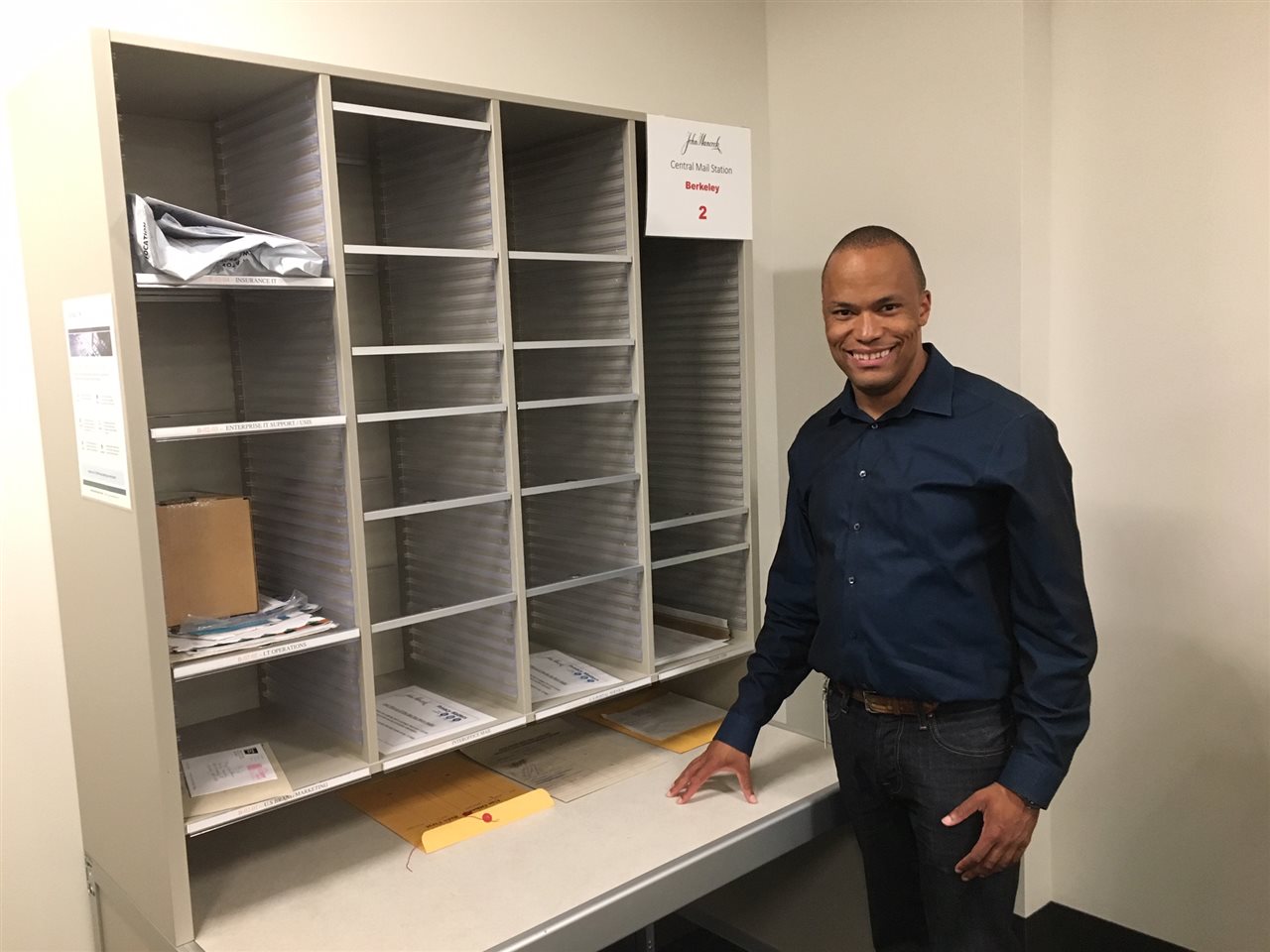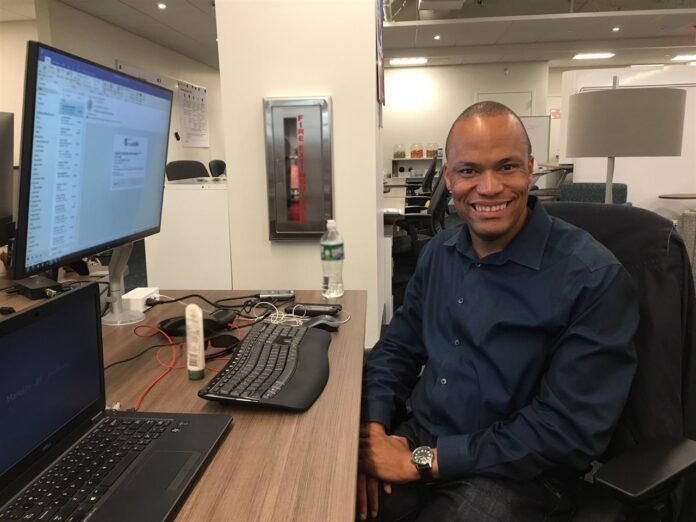With unemployment rates at a nearly 50-year low, many businesses are struggling to find workers. This tight job market is opening doors for people with disabilities, as many companies are turning their attention to diversity and inclusion in the workplace.
Though more Americans with disabilities are working, their unemployment rate is still more than twice that of the overall workforce. An estimated 81% of adults (18+) with developmental disabilities do not have a paid job in the community.
Some companies view hiring people with disabilities as “the right thing to do,” but not as a strategy that will benefit business. A recent study by the National Organization on Disability found that only 13% of U.S. companies have reached the Department of Labor target of a 7% disability representation among their staff. Often companies don’t know where to find this untapped resource of talent.
Programs like Best Buddies Jobs can help. They match skilled and qualified individuals with intellectual and developmental disabilities (IDD) with businesses seeking enthusiastic and dedicated employees. Job coaches look beyond the typical positions that individuals with IDD might hold, to match job seekers based on their individual talents and interests. The program develops partnerships with employers, assists with the hiring process and provides ongoing support to the employee and employer.

“We started the program to help improve the quality of life for individuals with IDD, and what we found is that the employers also benefit by getting an extremely dedicated, well-prepared staff member, improved company morale, and a better bottom line,” explains Anthony Kennedy Shriver, Founder, Chairman & CEO of Best Buddies International. “The Jobs program is really a win for all of society since we end up creating employees who can support themselves and contribute to the economy, removing the need for government assistance or parental support.”
Dudley Williams III personifies the highly successful program participant. After graduating from Threshold, a Lesley University post-secondary program that prepares young adults who have diverse learning challenges for the world of work and independent living, Williams joined Best Buddies Jobs to work toward his professional goals. “I worked part-time jobs at first ranging from a hotel, to schools, and the Boston Minority Business Development Agency Center as an office assistant,” said Williams. “My ultimate goal was to find a full-time job.”
And he did. Williams is currently employed full-time as a marketing coordinator at John Hancock in Boston and has become a tireless advocate for employment for people with IDD. “My life has changed dramatically. I’m more confident in myself as a person and more independent at work. I’ve made new friendships as well.”
Rob Friedman, former assistant vice president of sponsorship and event marketing at John Hancock, says, “I think a program like Best Buddies Jobs is a terrific asset to John Hancock. It teaches our employees about diversity and working with different populations and certainly having someone like Dudley on staff has taught so many employees here so many great things.”

As companies increase diversity and inclusion, they are discovering employee morale and fiscal performance improve. Harvard Business Review reports that diverse companies are 70% more likely to capture a new market. Research from renowned global human resources analyst Josh Bersin shows that more inclusive companies have a 2.3 times higher cash flow per employee over a three-year period and are 1.7 times more likely to be innovative leaders in their market.
Jobs programs for people with disabilities can provide a cost-effective solution to address the tight job market brought on by low unemployment rates and reduce recruitment and training costs associated with repeatedly filling high turnover positions. Hiring people with disabilities is a win for both employees and employers.
Other resources:
- Learn about Bending Consulting Services, a disability recruitment company, by reading AmeriDisability’s article “Seeking Employment? A Disability Recruitment Company May Help.“
- Similar to the efforts of Best Buddies, learn about Goodwill’s inclusive employment programs in AmeriDisability’s article “Secondhand Purchases Afford First (or Second) Employment Opportunities.”
[BPD]






